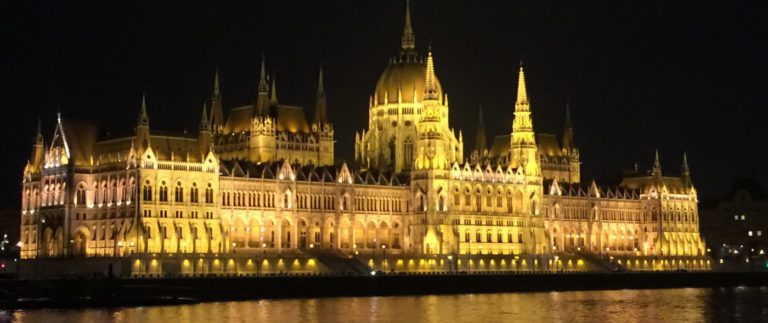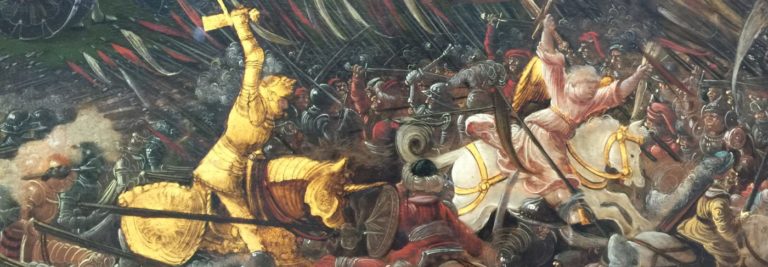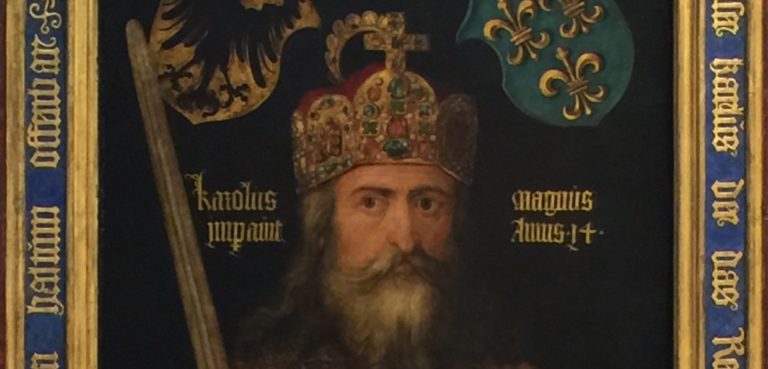It is fascinating that two of the world’s most notorious dictators could rise from the ashes of 150 years of revolution dedicated to the overthrow of absolute monarchies. It is even more ironic that they both did it in the name of the common man. It is amusing to think that the Germans considered the Russian Communist revolution to be illegitimate, because they felt it was a forceful takeover by a minority that was not supported by the will of the people.

The Germany that entered World War I was an industrial powerhouse, the most potent economy in Europe. It had big manufacturing and an even bigger military. The First World War: Germany and Austria-Hungary 1914-1918 (Modern Wars) There were strong trade unions with sympathetic regard for the communist and socialist political views of their countrymen philosophers, Marx and Engels. For many Germans, the war was seen as an unnecessary extravagance of Imperial discretion.
The inept diplomatic blunders of Wilhelm II meant that Germany was taking on everyone else. The Sleepwalkers: How Europe Went to War in 1914 As strong as they were, especially after the Russians withdrew from the contest to attend to their own political firestorm, the Germans could not last once America joined the war.
As the Allied forces closed around the last German armies, a revolution took place. The Navy refused to sail into battle and the workers staged a huge strike. Instead of admitting the failures of the Imperial strategies, the highest ministers loudly proclaimed that defeat had been snatched from the jaws of certain victory because of the revolt of left-leaning revolutionaries at home. This was called the “Stab in the back” myth. It would taint the efforts of the liberal party leaders who signed the hated Treaty of Versailles and tried to create a new democratic government.
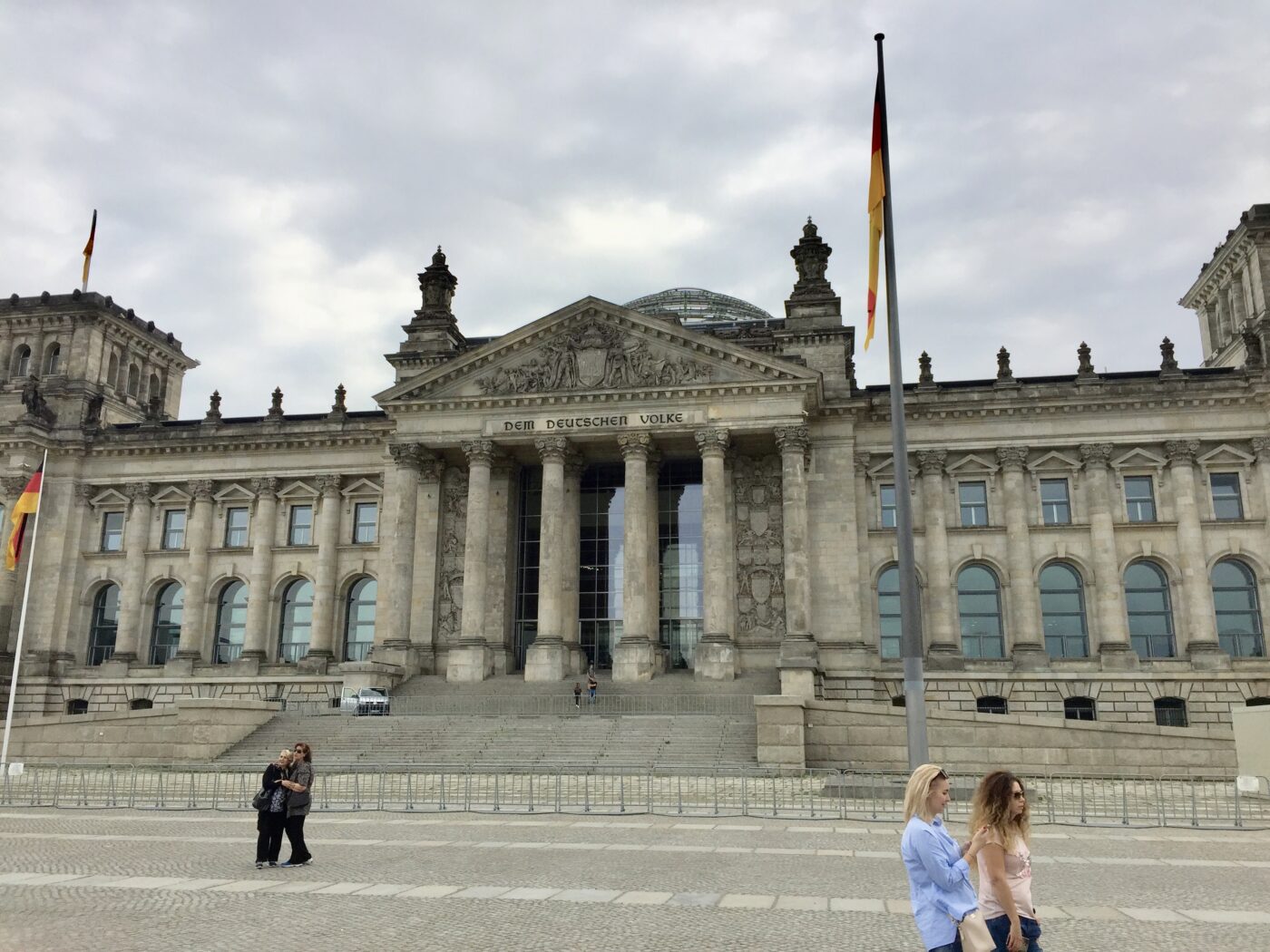
From 1918 to 1933 CE, Germany wrestled with the political, cultural, and economic repercussions of losing a disastrous war. They threw off their monarchy, but were completely confused about what to throw back on. The result was the Weimar Republic.
With an intended nod towards democracy, the new government a) prevented the labor factions from following the Russians into Communism, and b) kept the entrenched monarchists and industrial right-wingers from snatching away the new freedom.
No one party had a majority in the Reichstag and coalitions were fragile. It was an unpopular compromise without any inspiring leadership, in the midst of daunting challenges. Weimar Germany: Promise and Tragedy, Weimar Centennial Edition
One interesting response to this lack of adult supervision was an introspective period of artistic expression. Bertold Brecht and Kurt Weill produced plays. The Threepenny Opera (Penguin Classics) Nobel Laureate Thomas Mann wrote novels, Buddenbrooks: The Decline of a Family
, and architect Walter Gropius re-invented architecture. Philosophers Martin Heidegger, Being and Time
, and Oswald Spengler, The Decline of the West
, examined existentialism and cultural decay. There was a very liberal declaration of individual behavior, particularly for women. Voluptuous Panic: The Erotic World of Weimar Berlin (Expanded Edition)
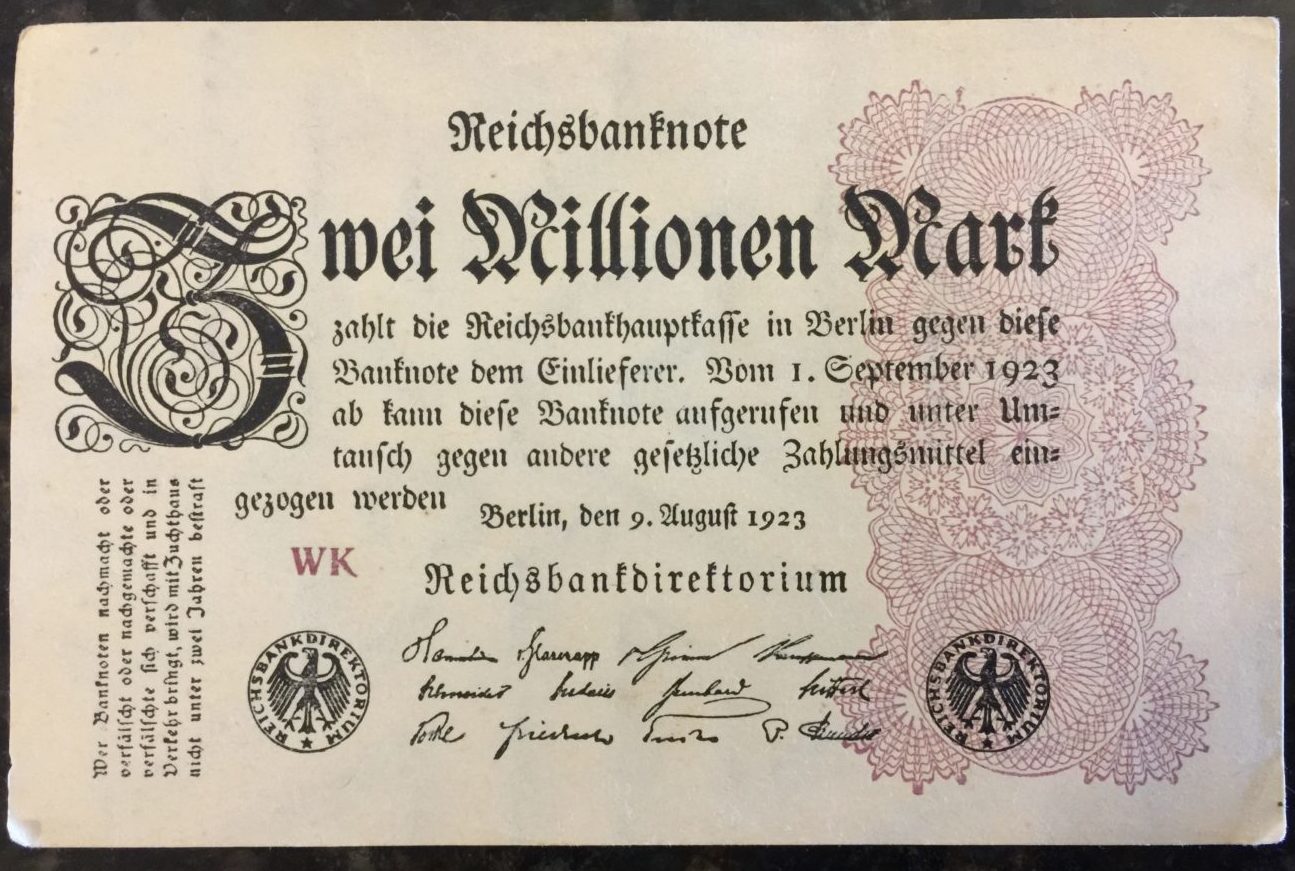
This was the period when hyper-inflation made a loaf of bread cost millions of marks. American banks stepped in with massive war loans to stabilize the economy. For a time, until the stock market crash of October, 1929, all seemed reasonably calm. With the crash, the America loans vaporized. German unemployment skyrocketed.
The government response was austerity. It didn’t work. Discontent rose sharply. If there was ever an opportunity for a silver-tongued charlatan to play on the hopes, fears, and bad dreams of the mob, this was it. Hitler’s Charisma: Leading Millions into the Abyss
Adolf Hitler, clearly impressed with the sound of his own voice, took over the National Socialist Party in very short order. After a quick stint in jail for arranging a tepid attempt at a Bavarian coup, he came back to tease the doubts of the disenchanted. He was strident and consistent. It’s all in his book, Mein Kampf.
1) Revive the economy (no plan given)
2) Reverse the Treaty of Versailles, (get back Alsace, Lorraine, and Poland)
3) Unify German speaking countries eastward, (Austria, Czechoslovakia, etc.)
4) Defeat Communism, (They’re mostly Jews anyway)
5) Eradicate the Jews, (It’s all their fault and they want to rule the world)
He played German discontent like a Stradivarius, and he did it by using the political process. By 1933, the Nazi Party was the number one party in the Reichstag and Hitler was named chancellor. He browbeat his political rivals into voting him extraordinary powers and began to execute his plan.
Why anyone, (British, French, Americans, Russians, etc.), was either surprised or hesitant about his agenda is hard to fathom. True, he was a superlative liar. But, his platform was in plain sight from the beginning. The Rise and Fall of the Third Reich: A History of Nazi Germany
Thumbing his nose at the Treaty of Versailles, Hitler built up his army in the Rhine Valley. No one objected. In 1938, he staged a coup in Austria and rolled in his tanks. No one objected. Next was the Sudetenland of Czechoslovakia. That raised eyebrows, caused a diplomatic scurry, and gave the world a comforting image of Neville Chamberlain waving a piece of meaningless paper to the cheering British crowd. See Winston Churchill’s epic, The Second World War, John Keegan’s comprehensive The Second World War
, and Max Hasting’s Inferno: The World at War, 1939-1945 (Vintage)
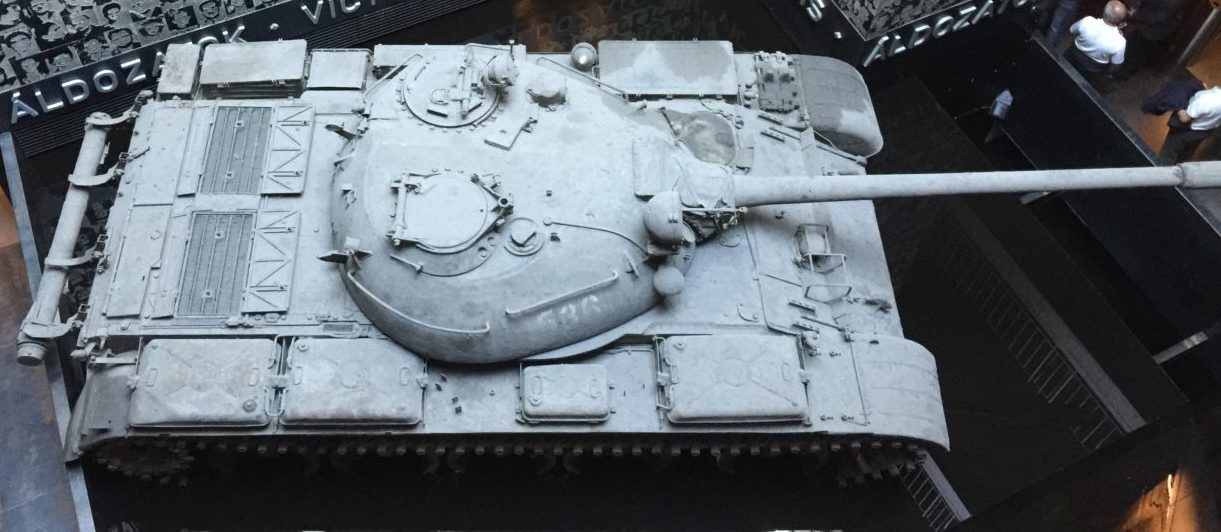
When he marched into Poland with Blitzkreig in 1939, the ruse of possible peace was exposed and the entire world went to war. Six years, six continents, 50 million or more casualties, unspeakable atrocities, all ending in the even more frightful nuclear age and Cold War. Germany was occupied, partitioned, chastised, and bombed flat. The Iron Curtain was in place over Eastern Europe. There was a new world map. Iron Curtain: The Crushing of Eastern Europe, 1944-1956 and The Iron Curtain Kid
Having vanquished fascism, the victorious Allies found themselves staring in the face of the Stalinist Communist regime, and it did not make them comfortable. The US launched programs of economic support to revive the European economies not occupied by Soviet forces. With this aid and a couple more decades when the world focused on other distractions, (Korea, Indo-china, Vietnam, Cambodia), West Germany was able to rebuild.
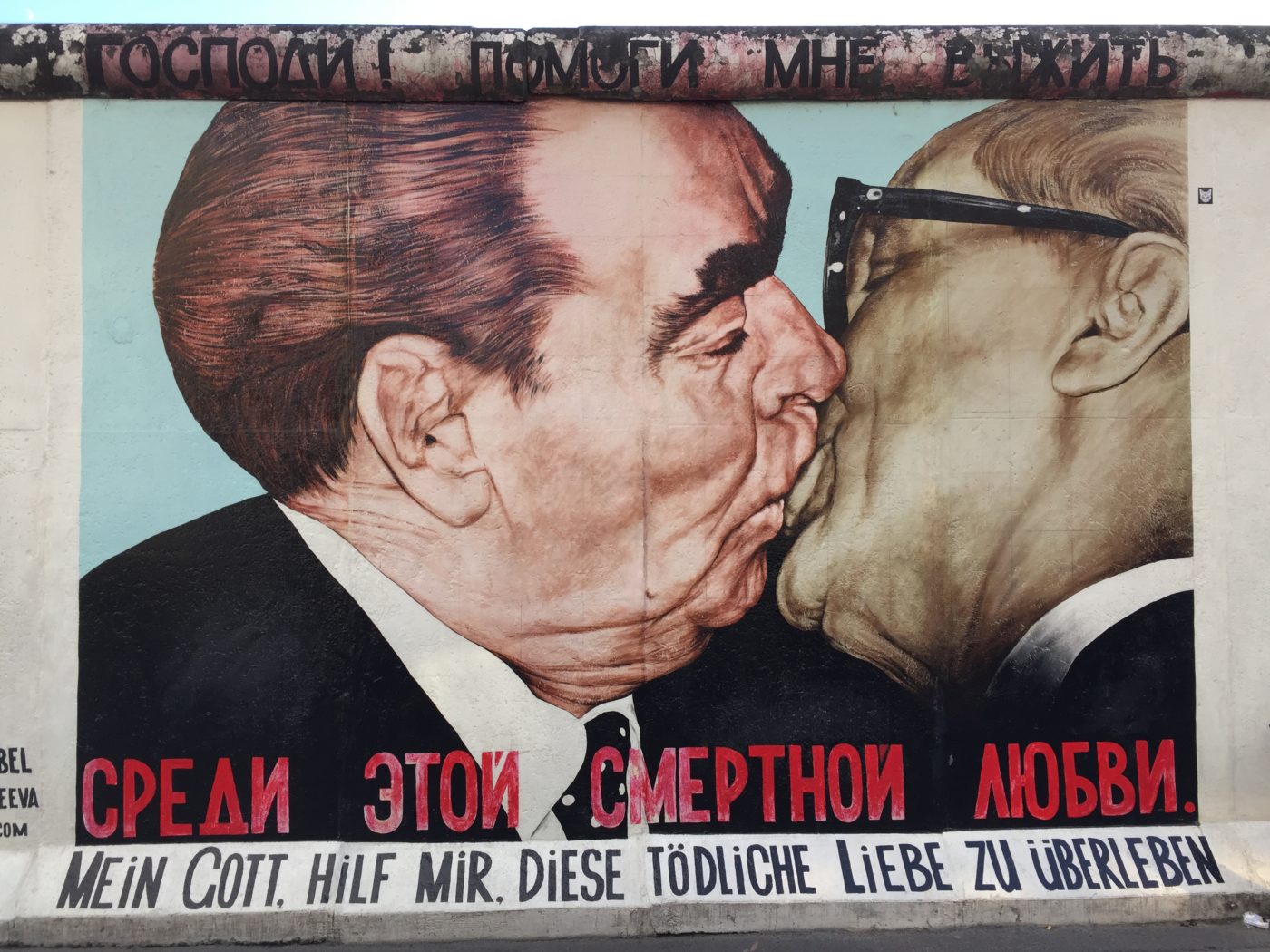
By 1988, the Soviet president Mikhail Gorbachev unilaterally withdrew Soviet influence from the Warsaw Pact Eastern European countries. Seven Years that Changed the World: Perestroika in Perspective What happened next astonished the world as “peace broke out” across Europe in 1989.
Characterized as “Ten years for Poland, ten months for Hungary, ten weeks for Czechoslovakia and ten days for Romania”, the Eastern Bloc countries wrote new constitutions and forced out their Communist leadership.
In the most poignant transition of all, East Germany’s dogmatic General Secretary, Erich Honecker, resigned in October. On November 9, 1989, jubilant Germans knocked down the Berlin Wall. It’s hard not to tear up just remembering these incredible events. (See the Baltic article, “Soviet Russia”.) Reagan and Gorbachev: How the Cold War Ended
The Danube would not see peace for long. Yugoslavia unraveled in 1991 and within the year was embroiled in fighting between Orthodox Serbs, Catholic Croats and Muslim Bosnians. The Serbs were brutal in their massacres of Muslims. Given the centuries of contentious history, (see the Islamic Challenge), it is not hard to see why they still harbored their hatred. NATO intervention finally ended the conflict. Yugoslavia: Death of a Nation
The fall of the Iron Curtain is probably the second most significant factor in the success of European River Cruising. It has opened up a host of fascinating destinations all within strolling distance from the river banks. From Amsterdam to the Black Sea, two thousand years of western history is evident as you meander casually along the most important waterways of the continent. There is a lot to take in. Enjoy every minute!

